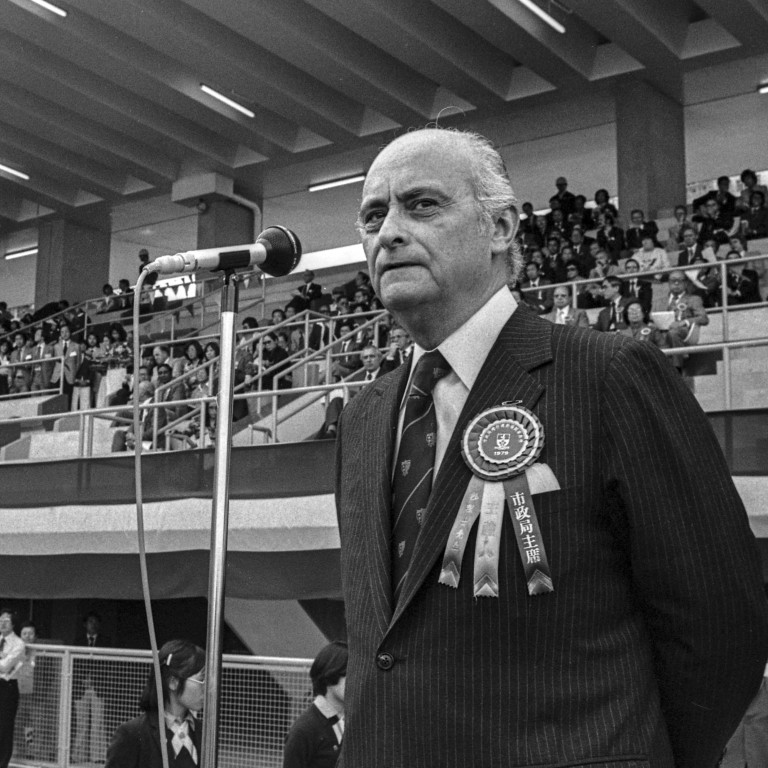
A de O Sales was a controversial local sports figure who played strictly by the book
- The former Hong Kong sports supremo had his fair share of run-ins with local officialdom and wanted sport to remain purely amateur
- The Portuguese hated the word ‘professional’ and will be remembered by the infamous Paul Spowage affair
“We are not going on a picnic,” A de O Sales told the Hong Kong delegation just before they were about to embark on another Olympic Games adventure.
Those words would ring every time Hong Kong were about to take part in another Olympics as the then president of the Amateur Sports Federation & Olympic Committee mustered his troops at the flag presentation ceremony for the Games.
Sales, the elder statesman of Hong Kong sport who helped the city preserve its own identity after the handover, died on Friday at the age of 100. An eloquent speaker, Sales will be remembered for his many years of public service. But the spry Portuguese was never far away from controversy, angering officialdom through the years with his strict “play-by-the-rule-book” mindset – even when the sports world was undergoing an evolution by embracing professionalism en masse.
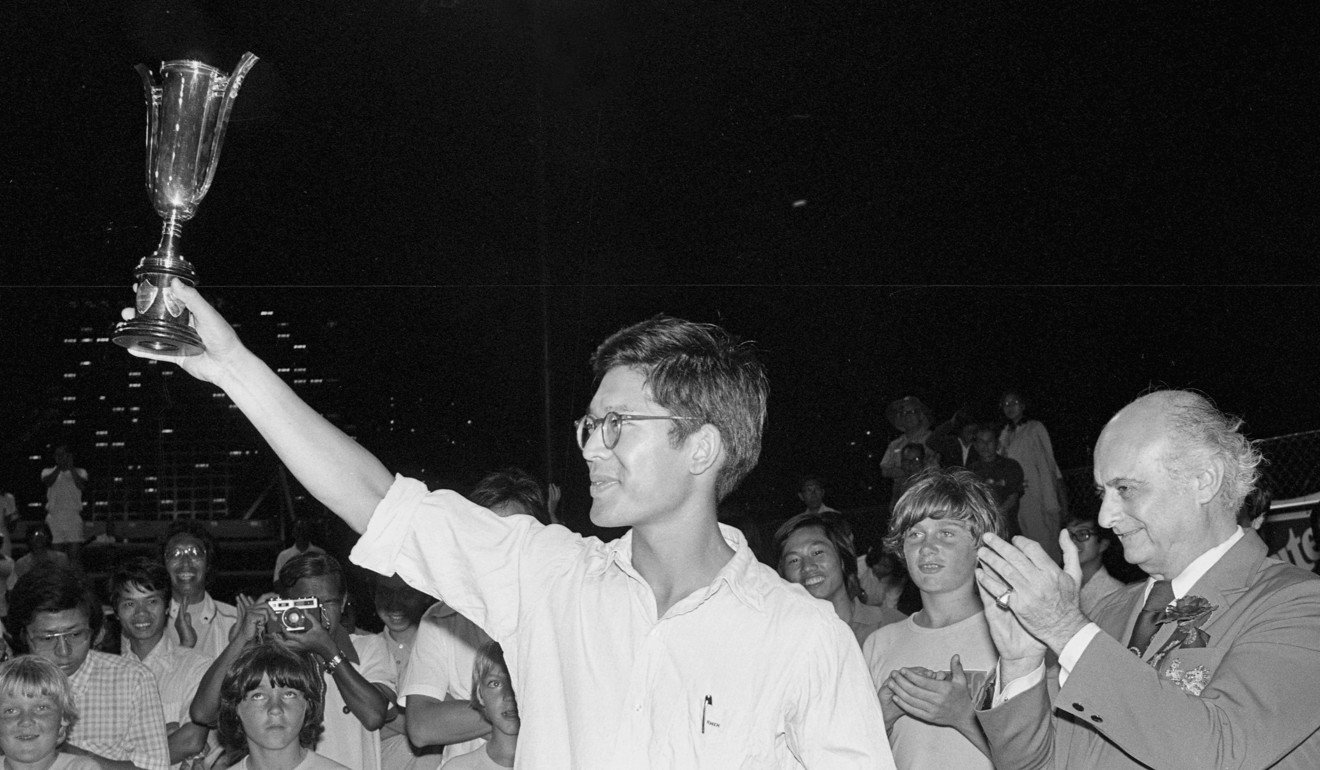
Sales hated the word “professional” and everything it represented and during his tenure as Olympics chief, he staunchly opposed those who thought otherwise. He stuck to his guns, even if it meant going against conventional wisdom. He peeved local sports figures who had to deal with his no nonsense manner. He did not care if professional players from the NBA were allowed to compete at the Olympics (first time in Barcelona 1992). “We are not Americans,” he once told reporters when asked whether Hong Kong would also embrace professionalism at the Olympics.
A de O Sales confronted terrorists, played by the book and helped Hong Kong achieve sporting autonomy after 1997
Sales was never able to conform to change even though the Olympics were no longer a showcase for amateur athletes, starting from the early 80s. Now professional athletes are allowed to compete in many sports such as basketball, cycling, tennis and golf. Sales wanted the Olympics to be strictly amateur and nothing else.
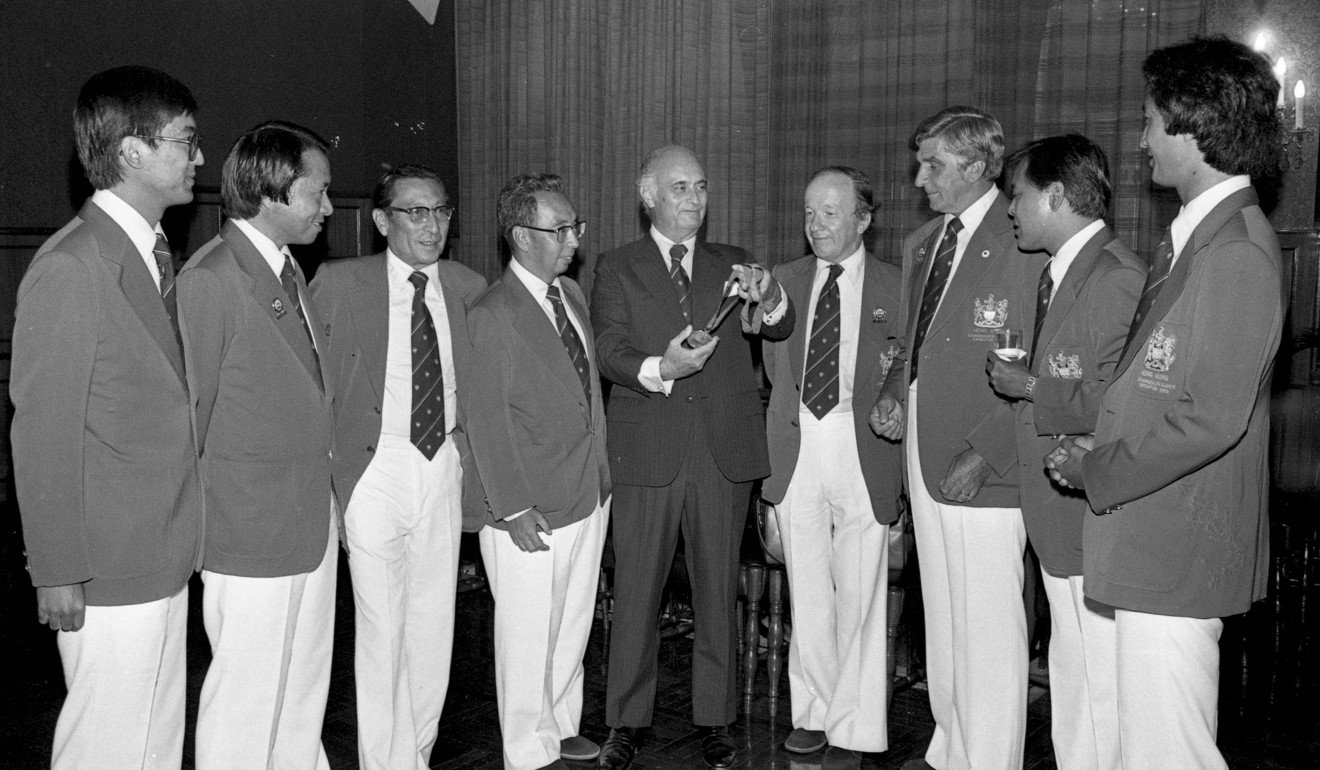
However, there was one event that will forever be ingrained in the minds of local officials of his strict and unforgiving approach.
The Paul Spowage affair was one of the most controversial moments in Hong Kong sports, an event that 36 years ago embroiled Sales in a dispute that dumbfounded those who were involved.
It was the week when Hong Kong’s finest runner, Paul Spowage, wasn’t allowed to compete in the marathon at the Los Angeles Olympics for reasons that still remain unclear even to this day.
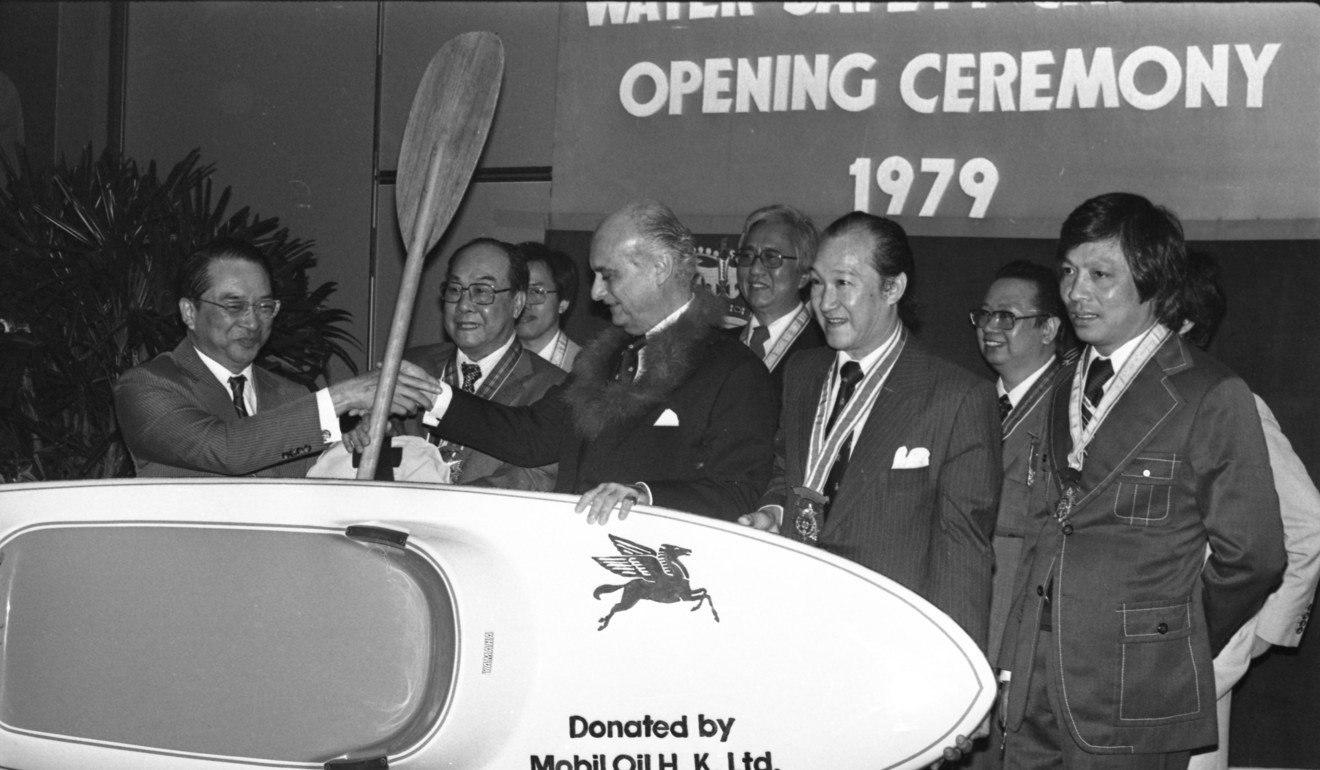
Spowage was an outstanding then 20-year-old runner who ran a brilliant 2:21.10 for the marathon, a record that stood for 35 years before it was finally broken by Wong Wan-chun last December. Spowage achieved the feat on May 13, 1984 in London but Sales argued that the former King George V student was not eligible for the Olympic team even though his time was clearly good enough to qualify for Los Angeles.
Tokyo 2020: Hong Kong Olympic chief urges government to step in and buy astronomical TV rights
The dispute left those who challenged Sales nonplussed, sad and angry. Sales suggested that Spowage was not allowed to compete in Los Angeles because his entry had been submitted “too late” even though Hong Kong Amateur Athletic Association (HKAAA) officials said at the time that wasn’t the case. Sales also suggested that Spowage had been living away from Hong Kong for “too long” even though he had attended Kowloon Junior School and King George V School before he returned to Britain to study medicine.
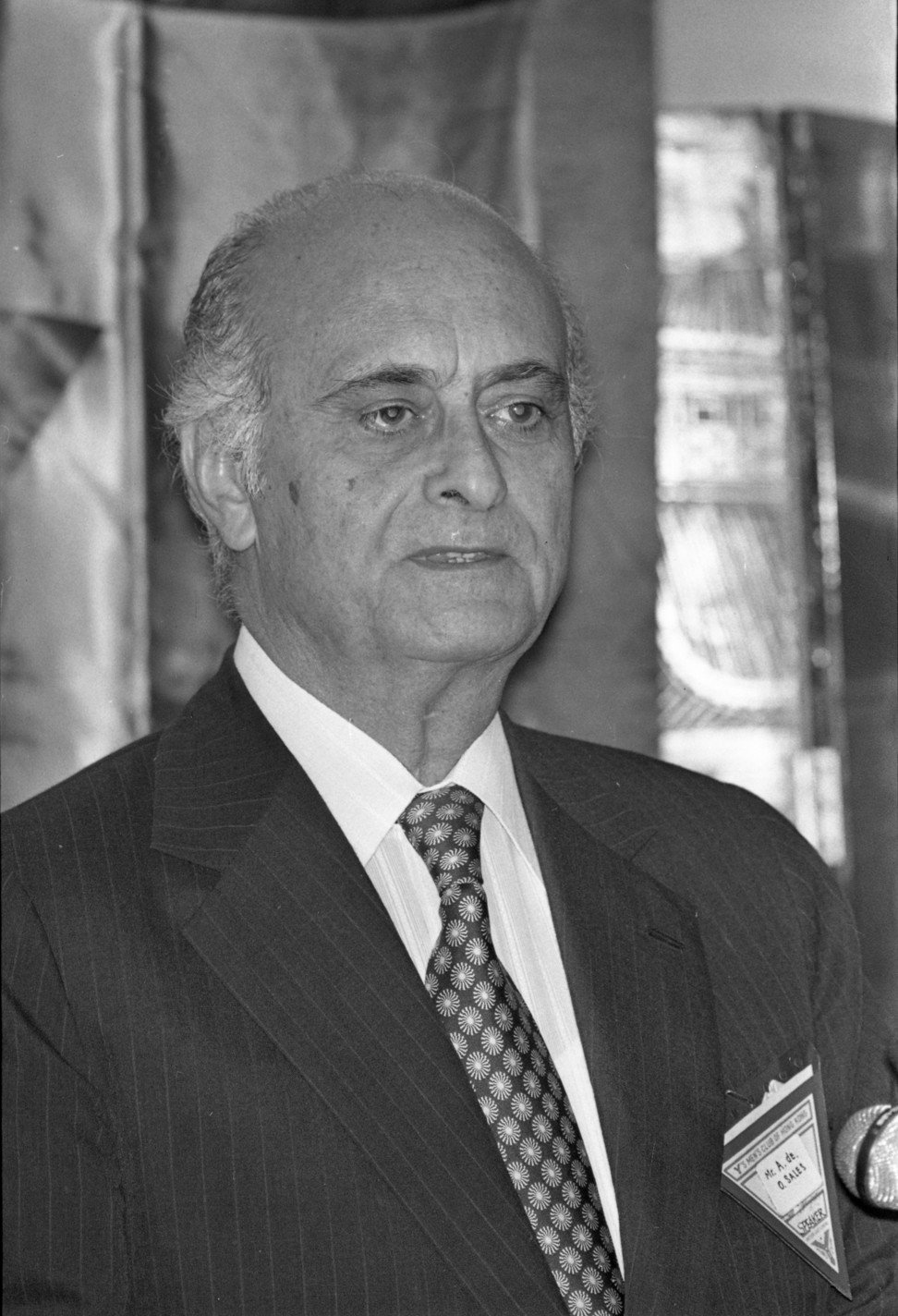
Sales wouldn’t have it any other way and despite pleas from the HKAAA president, the former Hong Kong secretary of transport, Alan Scott – who argued that Spowage had every right to represent Hong Kong – the Portuguese was unmoved.
It wasn’t the last time that Sales would cut Hong Kong athletes any slack with former Hong Kong Footballer of the Year, Leslie Santos, also not allowed to compete in the Asian Games because of a “late entry”.
Hong Kong badminton officials also had run-ins with Sales when their players that included 1990 Commonwealth Games mixed doubles gold medallists, Amy Chan Lim-chee and Chan Chi-choi, were not allowed to compete at first in a major competition because they were deemed “professional” players.
Sales eventually relented after HKBA officials explained that the pair were “part-time” players and made a living as coaches.

